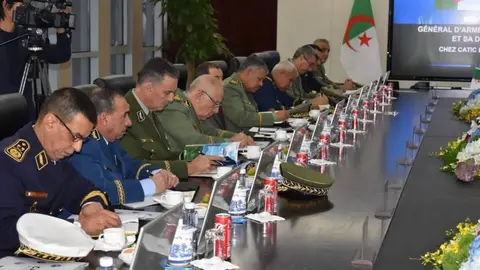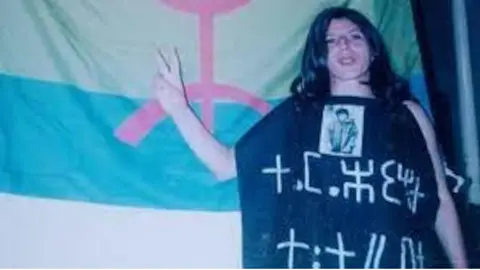Sahel: new setback for Algerian diplomacy

Nothing is going well for Algerian diplomacy, which continues to fail every time it tries to mediate between conflicting parties. These failures are, after all, logical given that diplomacy is a reflection of the state's domestic politics. All the more so since the Algerian regime, in open conflict with its Moroccan neighbour, does nothing to resolve the situation and refuses any mediation to put an end to a situation that has been going on for too long and which only penalises the Algerian and Moroccan populations.
With an internal policy marked by repression of all fundamental freedoms, human rights violations, economic and financial mismanagement and a bellicose policy towards several countries, including France, Spain, Saudi Arabia, the United Arab Emirates, Egypt, etc., it is becoming utopian for the Algerian regime to play any role on the international stage. The merit of the liberation struggle and the prosperous post-independence years has been totally dilapidated and there is nothing left to pretend to play the role of good offices mediator.
Unaware of the devastating effect of his policies at home and abroad, President Abdelmadjid Tebboune has multiplied his attempts at mediation, to the point of wanting to tackle the bitter Russian-Ukrainian conflict. And we all know the result. Total failure long before he had even begun to outline a plan of action. "They didn't even know where to start," commented one informed observer.
Still not digesting the Russian-Ukrainian failure, Algiers announced an inter-Nigerian mediation plan following the 26 July coup against President Mohamed Bazoum by members of his presidential guard. Another setback. As was the mediation between Palestinian factions in Algiers. "Tebboune does not know the nature of the differences between Palestinians. He thought it was enough to bring them together over couscous for decades-long disputes to disappear with a wave of a magic wand," says a specialist on Palestinian affairs.
Long before these failures, Algiers had failed miserably on two Arab-African issues that seemed within its grasp. First, the Ethiopian mega-dam known as the Renaissance Dam, which triggered a dispute between Egypt, Ethiopia and Sudan that the US was unable to resolve. Then there is the Libyan conflict on its border, which is disputed by the distant Turks, Emiratis and Qataris.
Today, Algiers lives in terrible isolation on the international stage. So much so that its president, Abdelmadjid Tebboune, is no longer invited to meetings of heads of state devoted to the major issues of the day. He was absent from the Arab League summit in May 2023 in Jeddah (Saudi Arabia). He was also absent from the Arab-Islamic summit in Riyadh on the Israeli-Palestinian war. And he was absent from the restricted African Union (AU) 'Group of Ten' summit in Equatorial Guinea on 24 November.
As if this were not enough trouble for Algiers, the Malian army, aided by Wagner's Russian paramilitaries, seized the northern Malian town of Kidal on 14 November. As a result, Algiers has been deprived of a valuable tool for diplomatic outreach. "Algeria is keeping quiet because it does not have as many levers at its disposal," notes historian Pierre Boilley, director of the Institut des Mondes Africaines, as reported in the French daily Le Monde. It is adopting its new strategy. That of silence. In the end, Algeria comes down to the size of its leaders, as naïve as they are newcomers.











